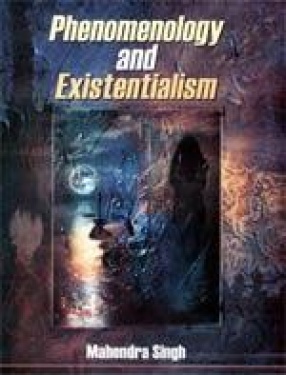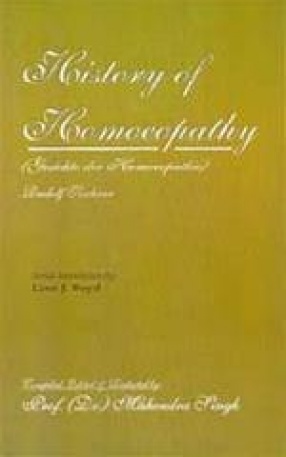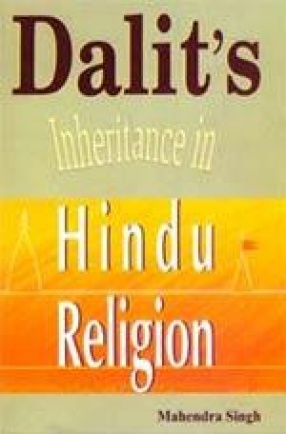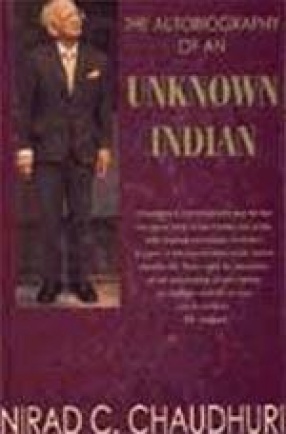Phenomenology and Existentialism (In 2 Volumes)
This book explores a promised land for a journey within and beyond with the thematological concerns of transcendental concerns of transcendental reduction, intentionality of consciousness, dimension of ontological depth, method of doubt and constitutive temporality of time and space. The most comprehensive work of its kind, the volume one opens with the chapter on Rene Descartes who brackets the existence of material world and by treating the self as body and material things as phenomena in relation to a subject, the conscious ego. This philosopher celebrates the festival of human existence with the contextuality of methodical doubt: Cogito, ergo sum "I think, therefore I am. The next chapter concentrates on Immanuel Kant who refers time the "inner sense" to determinate form to our intuition of our inner state and space as "outer sense" that represents all objects as outside of us in the universe. The next chapter deals with George Wilhelm Friedrich Hegel who offers his dialectical method (logic) as a potential description of reality. Our knowledge of ourself as subject presupposes knowledge of an objective world, so Hegel locates the 'earlier' moments of consciousness presuppose at least the possibility of the latter. Then the turn comes of the most celebrated philosopher Edmund Husserl who strengthens the very heart-beat of phenomenology drawing the line of distinction between phenomenological and objective (cosmic) time. This philosophers causes his research to be preceded by time-consciousness, to put Objective time and Subjective time-consciousness into the desirable relations in order to evolve a perspective of temporal Objectivity: At the moment of departure the volume covers its long distance with existential-phenomenologist of twentieth century Maurice Merleau Ponty who fabricates the binary of perceptual, sensational and nonintentional stuff data in the field of phenomenality. His principal challenge is to characterize the indeterminate aspect of perception that is essentially normative. The intentionality of perception is anchored in what Merleau Ponty calls the "motor intentionality" of our bodily skills. This long challenging work is an attempt to sublimate the realm of research methodology in order to generate the new current (wave) of thought so that it could stand as serving-hand (shaping-force) for coming generations on the sand dune of time.
Get it now and save 10%
BECOME A MEMBER










Bibliographic information